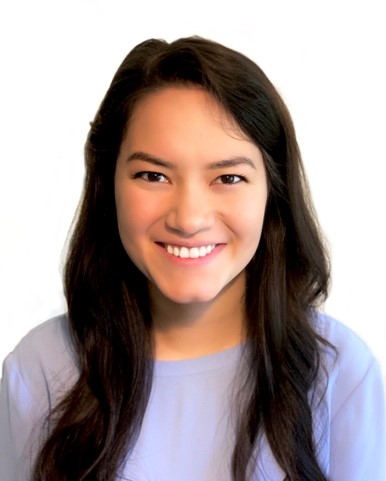While at UP, Katie King worked as a tutor and a swim coach, was involved with neuroscience research, and served in various leadership roles on campus. Katie graduated from UP in 2017 with a BS in Biology with minors in Chemistry and Spanish as well as a BA in Psychology. After graduation, she spent two years scribing in the adult emergency department, pediatric emergency department, adult psychiatric emergency room, pediatric intensive care unit, and outpatient cardiac electrophysiology. She started studying for my MCAT beginning December 2017/January 2018 but says that she “began truly dedicated studying in early March 2018” and then tested in early May 2018. Katie is currently a first-year medical student at OHSU and we wish her all the best & continued success.
1. Give a short description of your application process / tips for upcoming applicants.
I began writing my personal statement in December 2017, submitted my primary in July 2018, began working on secondaries in August 2018, and interviewed from December 2018-March 2019. Ultimately, I accepted an admission to my top choice school.
Advice:
- Apply early—many medical schools conduct a rolling admissions process which means a late application (even if it’s great) has a higher probability of denial.
- Apply strategically—applying broadly increases your chances of admission but it’s also important to recognize that applying to medical school is an investment of both time and Don’t pay to apply to schools and not complete their application process. Know what is important to you in selecting a medical school and apply to schools you are seriously interested in attending. Apply to private schools where your metrics are competitive and with whom your values align with their mission. Apply to public schools in states where you have residency. Don’t apply to a school you don’t want to go to just because you would be a competitive applicant at that institution.
- Pre-write your secondaries—secondaries tend to come in all at once which can be overwhelming if you’re not prepared. You can find secondaries for schools you applied to with a simple Google search and prompts tend to change minimally from year to year. Even if there is a drastic change in the prompts, if you have pre-written your secondaries, you have a bank of essays that you can edit to fit new prompts.
- Utilize the UP career center—I had multiple appointments with the career center throughout my time at UP as a pre-med as well as while I was applying to medical school. They were a great resource for help with my resume, personal statement, secondaries, and interviews (including MMI prep).
- When you get to interview day, have confidence—Interview days tend to be busy and they can be stressful. Going into your interview, forget about any insecurities you may have had about your app. The school has reviewed your application in detail, and if they saw something they didn’t like, you would not be there to interview. An interview invite is a huge accomplishment and something you earned so have confidence, don’t let other applicants intimidate you, and show the admissions committee why you are going to be a great future physician/healthcare professional.
- Books/resources I found helpful while applying
- https://depts.washington.edu/bhdept/ethics-medicine (free)
- Pre-med podcast (free)
- MCAT podcast (free)
- Multiple Mini Interview (MMI): Winning Strategies from Admissions Faculty by Samir P. Desai MD (I never read it but the same author has a book for the ‘traditional’ medical school interview as well called: The Medical School Interview: Winning Strategies from Admissions Faculty)
- The Premed Playbook: Guide to the Medical School Interview by Ryan Gray MD
2. How did your time at UP help you with your career choice, application, etc.?
I came to UP with a pretty clear picture of what my goals were and made it a priority to think about how I was going to achieve them early on. I pursued activities and coursework that challenged me and helped me to grow as a person and as a student. Additionally, while at UP I was lucky to meet multiple amazing mentors who were both incredible sources of knowledge and invaluable supporters that I leaned on as a student and while applying to medical school. I am very early on in my medical school career but thus far feel that UP prepared me well for the rigor of medical school.
3. What are your favorite memories of UP / any highlights?
-Study Abroad in London
-Working in the neuroscience lab
-Spanish medical translation and interpretation courses
-Game nights with my housemates
4. What general advice would you give aspiring pre-health types?
The road to any health profession is long and I would advise pre-health students to set long term and short-term goals, find a balance between non-academic pursuits and the demands of pre-med life, and to always remember why they are on this path in the first place.

